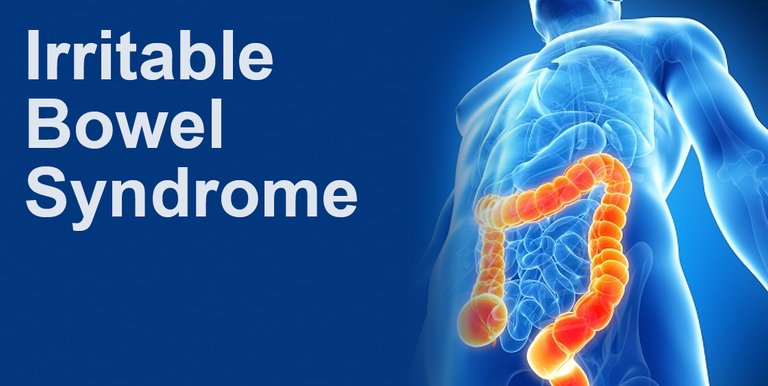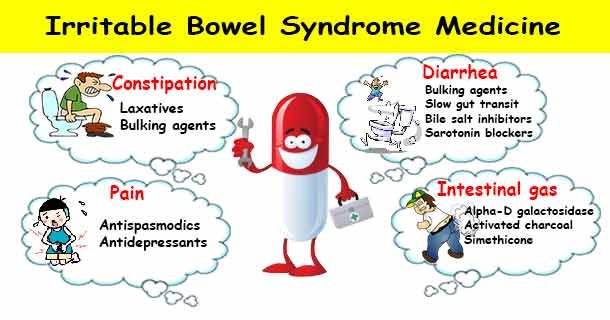irritable bowel syndrome (IBS) is a common disorder that affects the large intestine (colon). Irritable bowel syndrome commonly causes cramping, abdominal pain, bloating, gas, diarrhea, and constipation.
IBS is a mix of belly discomfort or pain and trouble with bowel habits: either going more or less often than normal (diarrhea or constipation) or having a different kind of stool (thin, hard, or soft and liquid).
The exact cause of IBS is unknown, but most experts think that it's related to the increased sensitivity of the gut and problems digesting food.
These problems may mean that you are more sensitive to pain coming from your gut, and you may become constipated or have diarrhea because your food passes through your gut either too slowly or too quickly.
TESTES: include stool sampling tests, blood tests, and x-rays. Your doctor may also do a test called a sigmoidoscopy or colonoscopy. Most people diagnosed with IBS can control their symptoms with diet, stress management, probiotics, and medicine.

Symptoms of IBS include
abdominal cramping or pain,
bloating,
gassiness, and
altered bowel habits (alternating periods of diarrhea and constipation).
IBS has subtypes:
IBS with constipation (IBS-C)
Hard or lumpy stools at least 25% of the time.
Loose or watery stools less than 25% of the time.
IBS with diarrhea (IBS-D)
Mixed IBS (IBS-M)
Hard or lumpy stools at least 25% of the time.
Loose or watery stools at least 25% of the time.
Unsubtyped IBS (IBS-U)
The first line of treatment for IBS includes general measures such as:
establishing an effective patient-physician relationship,
obtaining education about IBS, and
implementing lifestyle changes, which may be associated with symptoms.
prescription medications that may help some IBS patients include:
Anti-spasmodic medications like hyoscyamine (Levsin) and dicyclomine (Bentyl)
Antidepressants like amitriptyline (Elavil) or nortriptyline (Pamelor, Aventyl)

Great post.
Good info
Best post